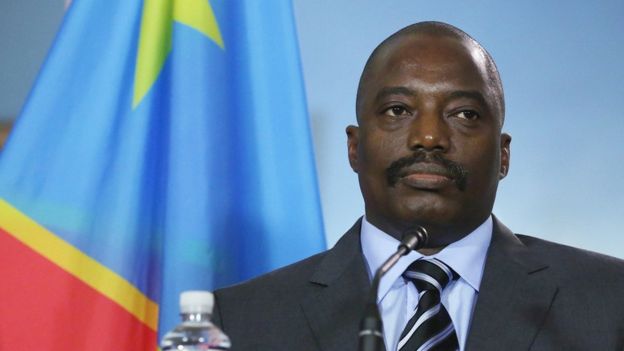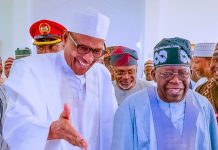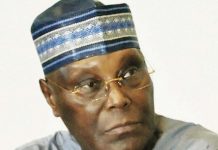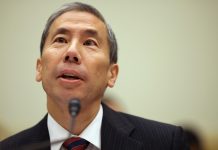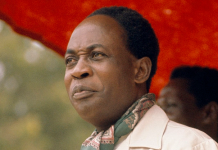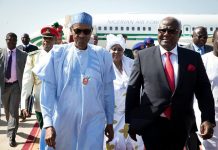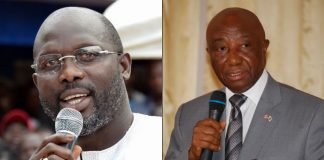After much pressure from the US and the European Union, the strongman of the Democratic Republic of Congo, Joseph Kabila, seems to have compromised his position. The Central African nation will hold delayed presidential elections on December 23, 2018, the electoral commission said, a year later than opponents of President Joseph Kabila have demanded.
National and provincial parliamentary polls will take place on the same date, Independent Electoral Commission Rapporteur, Jean-Pierre Kalamba, told reporters last week in the capital, Kinshasa. A series of other votes including senatorial, gubernatorial and mayoral ballots will be held from March 2019 to January 2020, he said.
The elections will take place subject to “legal, financial, political and security constraints” being overcome, Deputy Rapporteur Onesime Kukatula said at the briefing where the electoral calendar was unveiled. “The non-respect of the critical dates can lead to the modification of the calendar’s implementation.”
President Kabila, who has led Africa’s biggest copper producer since 2001, was supposed to step down at the end of his second term in December 2016 after an election to find his successor. That vote was delayed and Mr. Kabila remained in office, sparking protests in which dozens of people were killed by security forces. The central African nation, which gained independence from Belgium almost six decades ago, has not had a peaceful transfer of power.
Opposition groups struck a deal with President Kabila’s coalition on December 31 accepting that he could remain in power if presidential and parliamentary elections were held this year. That accord suffered a major blow last month when the electoral commission, known by its French acronym CENI, indicated it would not be able to hold elections before April 2019.
US Ambassador to the United Nations, Mr. Nikki Haley, last month visited Congo for talks with President Kabila and CENI President Corneille Nangaa and insisted elections should be held in 2018. Mr. Nangaa has called for the support of the international community for the electoral process as long as it “takes into account the sovereignty of Congo DR.” President Kabila is barred by the constitution from running in the next election. A new president will be sworn-in in January 2019, according to the calendar.
The electoral agency, CENI claims financial and logistical difficulties have hampered efforts to organize polls and has called on the international community for support. The Rassemblement, the largest opposition coalition, accuses President Kabila of being the main obstacle to holding timely elections and CENI of working in the president’s interests. It has called for President Kabila to step down before the end of the year so that there will be a transition under an interim head of state, a prospect ruled out by the president’s political allies.
But the opposition is growing and getting more vocal. “CENI does not matter,” Rassemblement President Felix Tshisekedi said on his Twitter account before the election-date announcement. Mr. Tshisekedi, who has been in and out of prison continued, “Its calendar will sound the death knell of this wicked regime. Prepare yourselves, Congolese, the time has come to chase out Kabila.” That is certainly a call to arms.






